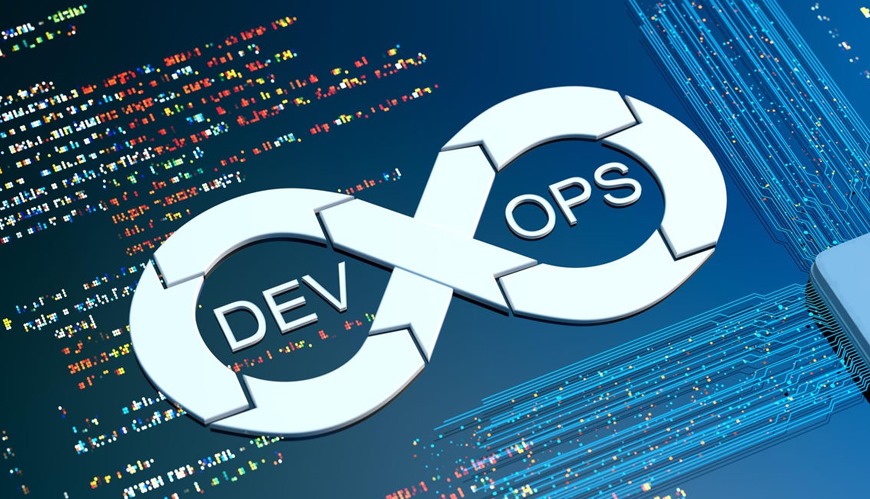
DevOps-as-a-Service
PepperSprint offers ‘DevOps-as-a-Service’ (DaaS). DaaS refers to the practice of delivering DevOps-related tools, processes, and expertise through a cloud-based service model. DaaS simplifies the adoption of DevOps principles by providing a ready-to-use platform that encompasses tools, automation, collaboration, and scalability. It allows us to focus on developing and delivering high-quality software while leveraging cloud-based resources and expertise to streamline your development and operations processes.
Cloud-Based Infrastructure
DevOps as a Service is hosted in the cloud, allowing organizations to access the required tools, resources, and services without the need for on-premises hardware or infrastructure setup. Cloud providers offer scalable and flexible resources that can be easily adjusted based on demand.
Toolchain Provisioning
DevOps involves using various tools to automate and streamline processes related to development, testing, deployment, and monitoring. DevOps as a Service provides a preconfigured toolchain that includes tools for source code management, continuous integration/continuous deployment (CI/CD), infrastructure automation, monitoring, and more.
Automation and Orchestration
Automation is a core principle of DevOps. DevOps as a Service enables organizations to automate routine tasks, such as code testing, deployment, and environment provisioning. Orchestration tools help coordinate complex workflows, ensuring that different stages of the development and deployment lifecycle are seamlessly connected.
Scalability and Flexibility
Cloud-based DevOps services can scale resources up or down based on demand, ensuring that the infrastructure and tools can handle varying workloads without requiring significant upfront investments or manual adjustments.
Collaboration and Communication
DevOps emphasizes collaboration between development and operations teams. DevOps as a Service often provides communication and collaboration tools that facilitate real-time interactions, making it easier for cross-functional teams to work together effectively.
Continuous Monitoring and Feedback
DevOps practices involve continuous monitoring of applications and infrastructure to identify issues and performance bottlenecks. DevOps as a Service typically includes monitoring and logging tools to provide insights into application performance and system health.
Security and Compliance
Security is a critical aspect of any software delivery process. DevOps as a Service includes security features and compliance controls, ensuring that best practices are followed to protect sensitive data and meet industry regulations.
Expertise and Support
Cloud providers offering DevOps as a Service often provide expertise and support to help organizations adopt DevOps practices effectively. This can include documentation, training, and access to technical support.
Rapid Time-to-Value
Your organization can quickly adopt DevOps practices without the need for extensive setup, configuration, and integration efforts. This leads to faster time-to-value and quicker realization of the benefits of DevOps.
